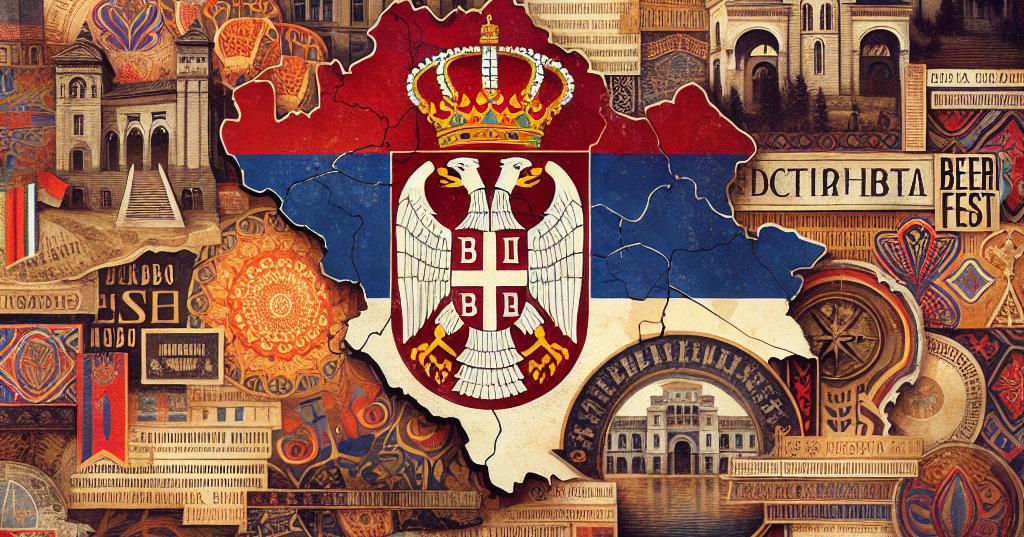- Beer Fest, once a hallmark of Belgrade’s summer, faces a stark decline in attendance, highlighting a cultural shift.
- Sky Music’s new festival model, focusing on exclusivity and paid entry, alienates traditional audiences.
- The shift reflects broader societal changes in Serbia, where economic pressures and cultural preferences are evolving.
In a striking departure from its past glory, Belgrade’s Beer Fest, once a vibrant symbol of summer, has suffered a significant decline in attendance. The festival, which used to draw tens of thousands of enthusiastic visitors, now finds itself struggling to fill its venues. This year’s event, held at Ušće, was marked by sparse crowds and a palpable sense of lost spirit, as captured in videos circulating on social media. The footage starkly contrasts with the festival’s heyday, when throngs of attendees would flood across Branko’s Bridge, bringing an electrifying energy to the event.
The decline of Beer Fest can be attributed to a controversial shift in its organizational model. Sky Music, the company now overseeing the festival, has introduced a new concept that emphasizes exclusivity over accessibility. Unlike previous years, when entry was free and attendees could sample a wide variety of beers, this year’s festival required the purchase of tickets that included unlimited beer consumption. However, the selection was notably limited, and ticket prices ranged from 1,990 dinars for regular entry to a staggering 7,990 dinars for a premium VIP package.
This move towards a more exclusive, monetized festival experience has alienated a significant portion of Beer Fest’s traditional audience. Many attendees, accustomed to the festival’s open and communal atmosphere, were deterred by the high costs and the shift away from music and performers as the central focus. The decision to prioritize unlimited beer consumption over musical acts has been met with criticism, as it undermines the festival’s original appeal.
The situation at Beer Fest is emblematic of broader societal changes occurring in Serbia. As economic pressures mount and cultural preferences evolve, traditional events are being reshaped to cater to a more affluent, exclusivity-seeking demographic. This shift reflects a growing divide between the cultural experiences available to different segments of the population. While some can afford the premium experiences offered by events like the revamped Beer Fest, others find themselves excluded from what was once a widely accessible celebration.
Moreover, the decline of Beer Fest raises questions about the sustainability of such exclusive models in Serbia’s current economic climate. With inflation and economic uncertainty affecting many, the feasibility of maintaining high-priced, exclusive events is uncertain. The festival’s organizers may need to reconsider their approach if they wish to revive the event’s former popularity and cultural significance.
As Serbia navigates these cultural and economic shifts, the fate of Beer Fest serves as a cautionary tale. It highlights the challenges of balancing commercial interests with cultural heritage and accessibility. The festival’s decline underscores the need for event organizers to remain attuned to the desires and capabilities of their audiences, lest they risk alienating the very communities that once made their events successful.
In the end, the story of Beer Fest’s decline is not just about a single event losing its luster. It is a reflection of the broader transformations taking place in Serbian society, where economic realities and cultural preferences are reshaping the landscape of public events and communal celebrations. As Serbia continues to evolve, the challenge will be to find ways to preserve the spirit of inclusivity and community that once defined events like Beer Fest, even as they adapt to new economic and cultural realities.

